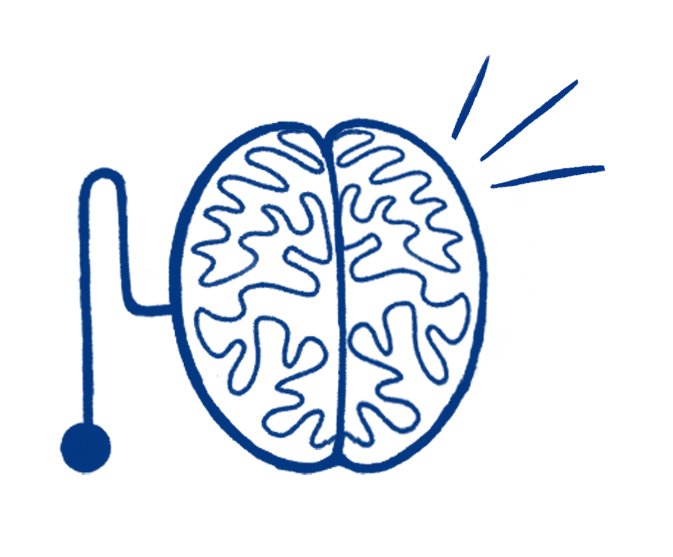The MobileKnowledgeLab in Linz is researching Social MicroLearning to find ways to engage learners. Strategies of social software are applied to motivate students to collaborate, analyze, evaluate and create their own learning materials. Competitive elements are used to unleash learners’ motivation.
With the advent of the smart phone MicroLearning experienced a boom in both formal and informal learning. Researchers of the MobileKnowledgeLab have contributed to the exploration of this pedagogical approach since then in diverse areas such as workplace integrated learning, context aware learning systems and knowledge acquisition. For the last two years the special focus of the team has shifted towards the incorporation of interpersonal processes into MicroLearning. Collaboration and competition bear huge potential for learning processes, the MobileKnowledgeLab is keen to leverage for MicroLearning.
Social Software
Since the dawn of the millennium, social software has revolutionized the web. The success and importance of this particular type of software has led to many different definitions and classifications. Boyd[1] understands social software as software providing support for at least one of the following features:
- conversational interaction between individuals or groups
- for social feedback
- for social networks
Social MicroLearning
Social MicroLearning tries to learn from successful social software to provide learners with tools that support their informal learning activities to be more ‘social’. Research suggests that collaborative learning activities, such as question posing and peer evaluation, lead to deeper insight and better understanding. Competitive elements on the other hand can unleash vast amounts of motivation as simple games such as QuizClash or QuizBattle have demonstrated.
For these reasons both – collaborative and competitive elements – are subject to ongoing research at the MobileKnowledgeLab.
Higher-order cognitive skills through collaboration
In current research Bernhard Göschlberger found empirical data suggesting that social MicroLearning leads to an upward competence spiral triggering critical analysis, reflection, discussion and continuous improvement of learning resources. The data resulted from a field experiment with 100 university students of the department of telecooperation at the Johannes Kepler University Linz.
Links
References
- Boyd, S., Are You Ready for Social Software? Darwin Magazine, 2003.
